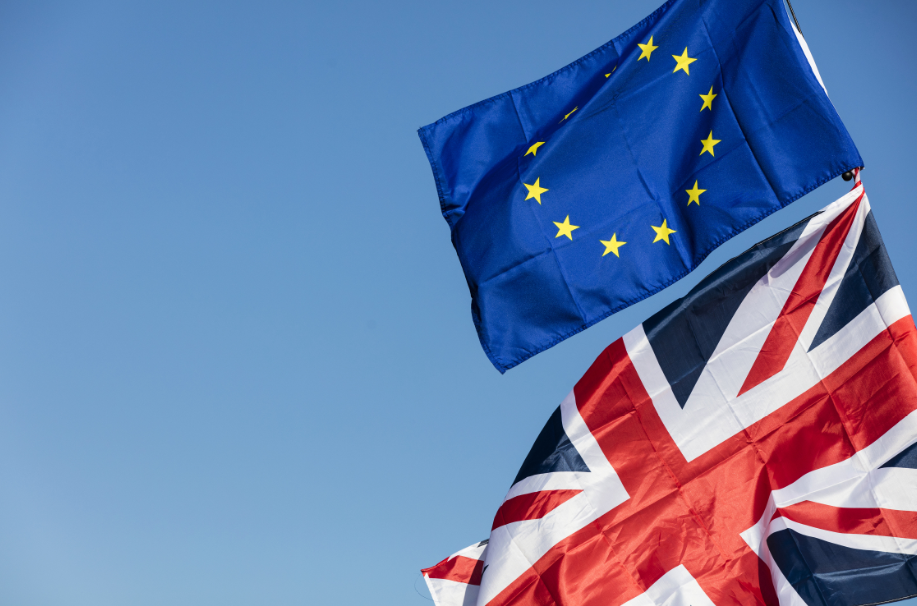
The UK is facing having to pay up to €2.7bn in compensation to the EU for failing to prevent Chinese firms from flooding Britain with cheap shoes and clothes before Brexit.
Judges from the European Court of Justice ruled that Britain was negligent in its approach to applying EU customs rules between 2011 and 2017, resulting in lost revenue to the EU.
OLAF
The Guardian reports that the EU’s anti-fraud office, OLAF, claimed that more than half of the shoes and clothes exported from China to the UK during this period were undervalued and that the UK should now cover the losses.
British customs officials opted for their own method of calculating the value of the goods, which OLAF claimed was inadequate and resulted in “the shift of fraudulent operations from other member states to the United Kingdom”.
Customs code
According to the Telegraph, the failure to properly implement the customs code is politically sensitive because the EU allows the UK to police its customs rules on the Irish Sea border as part of the Northern Ireland Protocol.
The UK is demanding that future disputes with the EU are not settled in the ECJ, as part of the continuing negotiations to cut Protocol checks.
Commission calculates
Politico reports that the final bill may be slightly different after the ECJ ruled that the EU had also not calculated the resulting losses using the correct method. It ordered Brussels to re-do its calculation.
RTE journalist Tony Connelly tweeted: “The ECJ says it’s up to the Commission to calculate the precise amounts of revenue payable by the UK, taking account of today’s ruling”.
Compliance
Paul Woodward, a customs and trade specialist at the Institute of Export & International Trade, said the ruling showed that “even countries can fall foul” of fraud in international trade and end up having to pay the cost.
He advised businesses to take note and ensure compliance with customs and VAT rules.
“This is why the IOE&IT offers training on VAT compliance and internal compliance programs to ensure traders do not fall into these traps,” he said.
“The general rule is, if it is too good to be true, this is probably the case,” he added.



